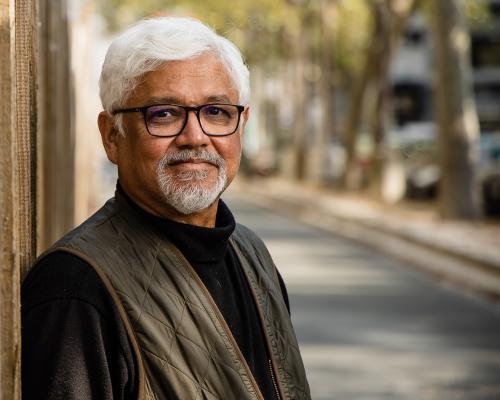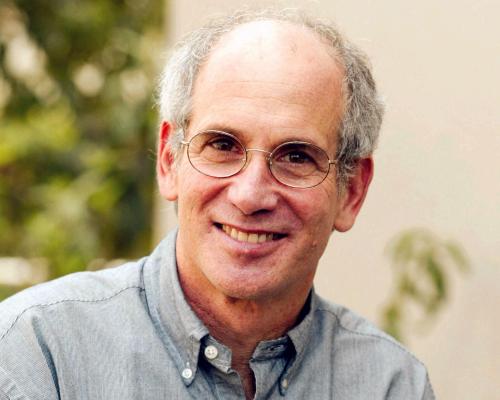
The next manuscript by Indian writer Amitav Ghosh will not be read for 89 years, as he becomes the 12th author to contribute to the Future Library project.
Ghosh joins Margaret Atwood, Han Kang, Ocean Vuong and other prominent authors who have written secret manuscripts, which are locked away until 2114.
The texts are stored in a specifically designed silent room in the Deichman Bjørvika building at the public library in Oslo. At the end of the project, the full anthology of texts will be printed using paper made from trees from the Future Library forest in Nordmarka, in northern Oslo, where 1,000 spruce trees were planted by Katie Paterson, the artist behind the project, in 2014.
Ghosh, whose novels include The Circle of Reason and Sea of Poppies, said being invited to participate in the Future Library project was a “profound honour and a humbling act of trust”. The initiative “compels us to think beyond our lifetimes, to imagine readers who have not yet been born”.
“It is particularly significant for me that the project has a forest at its core”, he added, “because for a long time now, I have been writing about a forest, albeit of an entirely different kind – the great mangrove forest known as the Sundarban”. Stretching across the Ganges delta, the Sundarbans are the backdrop to Ghosh’s novels The Hungry Tide, Jungle Nama and Gun Island.
“It will be an exciting challenge to make a connection between the forests of the far north and those of the tropics, at this time of extreme planetary crisis,” added Ghosh, whose works often address climate disaster. “I am moved to be part of a work that intertwines ecology, literature and patience on such a monumental scale.”
Ghosh grew up in India, Bangladesh and Sri Lanka, and has a doctorate in social anthropology from the University of Oxford. He has written a number of novels, as well as works of nonfiction and essay collections.
Ghosh’s writing “is expansive, urgent, and deeply attuned to the shifting ground of our world”, said Paterson. “His stories traverse oceans and centuries, revealing how the climate crisis is inseparable from histories of empire, migration and myth.”
“With a rare ability to weave the intimate with the planetary, the visible with the invisible, Ghosh gives voice to the forces – human and more-than-human – that shape our shared future,” she added.
Ghosh will submit his manuscript at a ceremony in the Future Library forest in May or June 2026, when the work’s title will be revealed.
Along with Atwood, Han and Vuong, other writers to have contributed to the project include David Mitchell, Sjón, Elif Shafak, Karl Ove Knausgård, Tsitsi Dangarembga, Judith Schalansky, Valeria Luiselli and, most recently, Tommy Orange.
In June 2022, the City of Oslo signed an agreement which ensures the forest remains in the hands of the Future Library Trust for the duration of the project.







